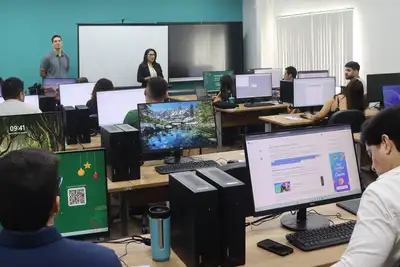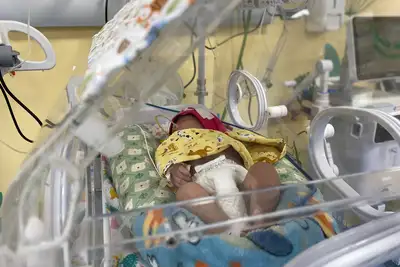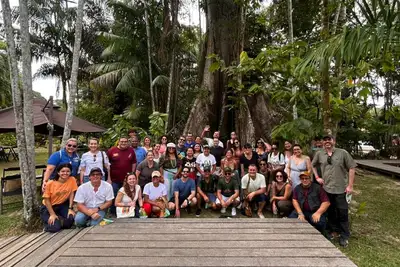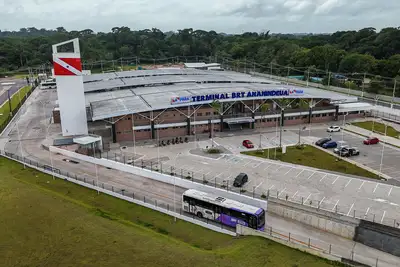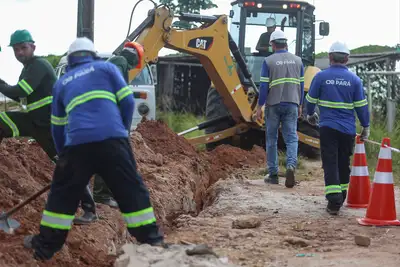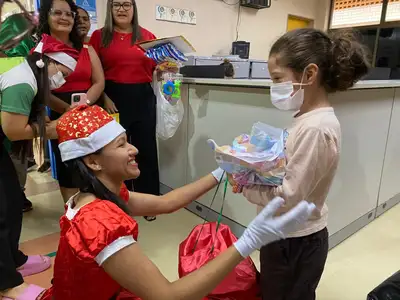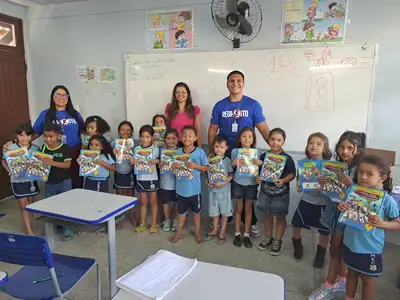Fapespa participates in the Biodiversity Synthesis Center call for proposals until 10/09
The call provides for the possibility of additional investment from the State Research Support Foundations (FAPs) in projects approved by CNPq
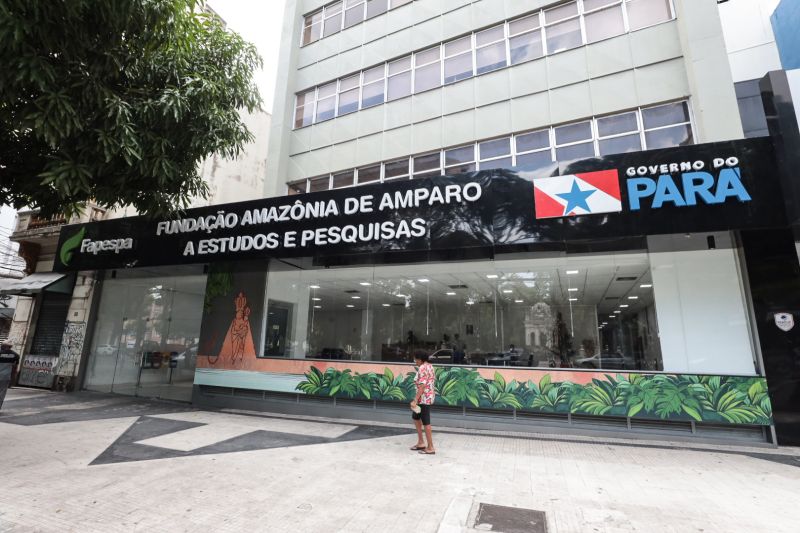
Created to integrate information from different disciplines and generate new and relevant knowledge from scientific and social perspectives, the Biodiversity and Ecosystem Services Synthesis Center (SinBiose) launches its second public call for project funding, with an expected investment of R$ 6 million, more than double that of the first edition. Proposals can be submitted until October 9.
The call provides for the possibility of additional investment from the State Research Support Foundations (FAPs) in projects approved by CNPq, and the Amazon Foundation for Support of Studies and Research (Fapespa) is a partner in this call, allowing the participation of researchers from Pará.
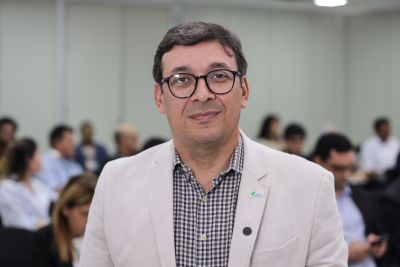
President of Fapespa, Marcel Botelho evaluates the call as strategic for Brazil: "The synthesis notice is fundamental as it generates guidance for decision-making on strategic issues for the country."
SinBiose is focused on the so-called "synthesis science," whose goal is to gather different perspectives and work with the wealth of data to derive original knowledge. Its aim is to produce advanced analyses from the integration of various databases, focusing on the formation of qualified information for public policies.
Investments- The limit value for research proposals is R$ 700 thousand for knowledge synthesis projects; and R$ 400 thousand for projects specifically aimed at scientific communication actions focusing on the interface between science and decision-making – a novelty introduced in this edition.
The synthesis proposals may request up to R$ 400 thousand in funding/capital and up to R$ 300 thousand in scholarships in the Technological and Industrial Development (DTI) modality. The scientific communication proposals may request up to R$ 200 thousand in funding/capital and up to R$ 200 thousand in scholarships in the Knowledge Dissemination Support (ADC) and Technological and Industrial Development (DTI) modalities. In both cases, the request for capital resources cannot exceed 5% of the total budget value.
CNPq invests R$ 5.6 million in its own resources in the call, which has as partners the Ministry of the Environment and Climate Change (MMA), with a contribution of R$ 400 thousand; and the National Council of State Research Support Foundations (Confap).
So far, the foundations from seven states have formally joined the call. They are: Fapeam (Amazonas), Fapesb (Bahia), Fapema (Maranhão), Fapemig (Minas Gerais), Fapespa (Pará), Facepe (Pernambuco), and Fapepi (Piauí). Other foundations may join the program later.
Results- Recently, CNPq presented the results of the first Sinbiose call, held in 2019. R$ 2.7 million was invested in seven projects, which enabled the structuring of various databases, such as Taoca, of ecological data from the Amazon; the Socioecological Networks, which crossed data from Brazilian mammals tested for zoonoses; and Trajetórias, a database of environmental, epidemiological, and economic data also from the Amazon.
There were 37 articles published in high-impact journals. "This characterizes synthesis science: we can enhance this collective intelligence when people work collectively," said Jean Paul Metzger, a member of the scientific council of SinBiose. Additionally, as an innovative result, a series of Policy Briefs was published containing the key messages of each project relevant for decision-making, in a format and language accessible to non-academic audiences.
Other developments mentioned included the holding of seminars, symposiums, and even the creation of two new National Institutes of Science and Technology (INCTs). The president of the National Council for Scientific and Technological Development (CNPq), Ricardo Galvão, explained that SinBiose is an adaptation to the Brazilian reality of the international synthesis center model already existing in other countries, which is why it is a strategic program, as it aims to bring the production of scientific knowledge closer to its practical application for the benefit of society. "It is important to note that the proposal to create SinBiose derives from an important tradition of CNPq in promoting research and biodiversity," the president observed.
Interested parties can find more information here.
*With information from Ascom CNPq, with adaptations.


